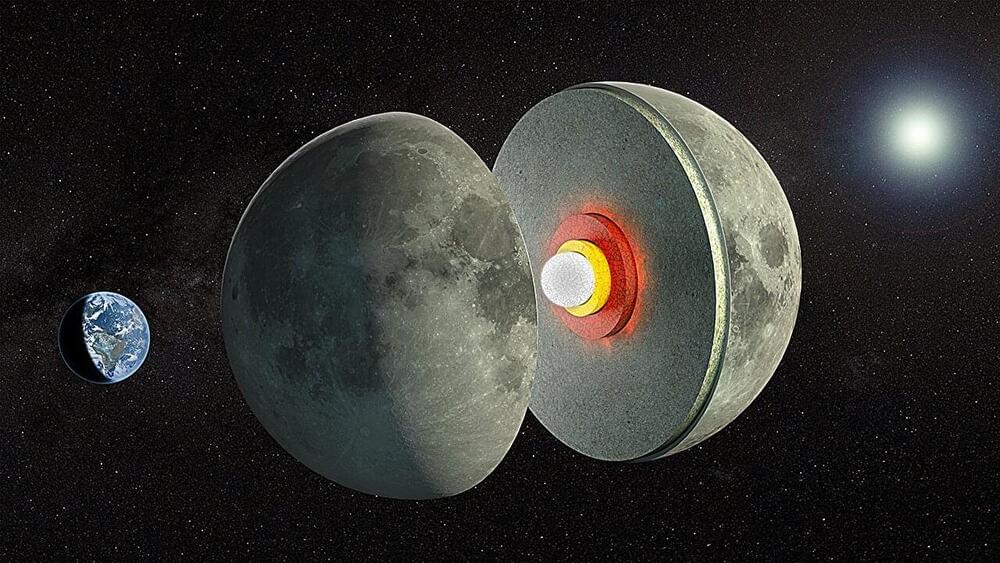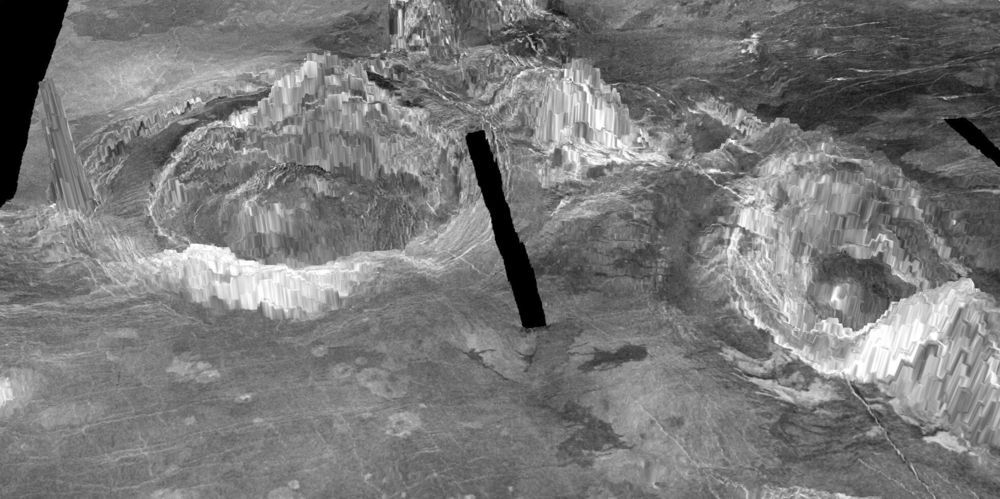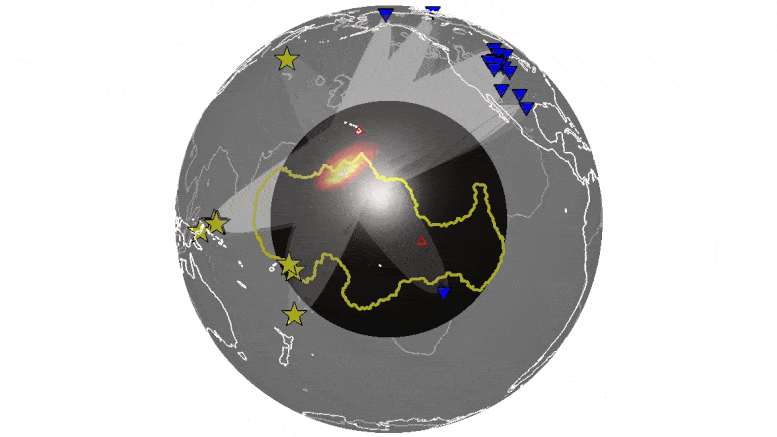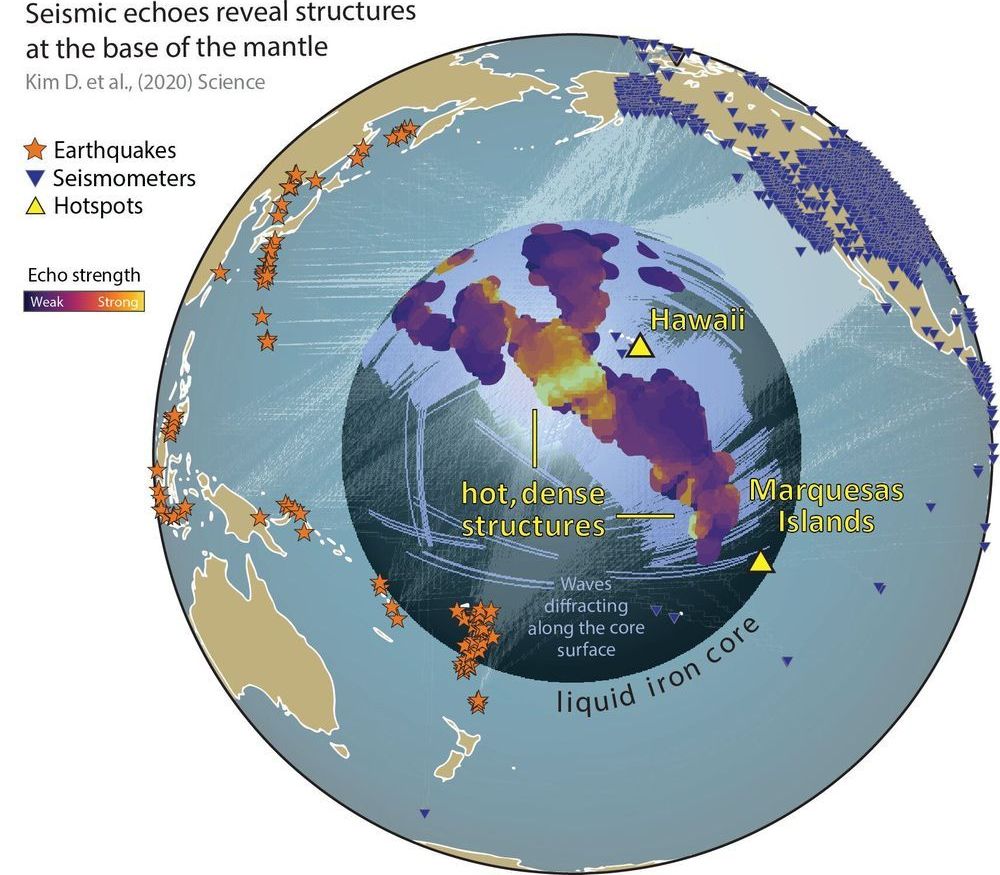We know that beneath its crater-pocked silicate crust, the moon has an olivine mantle and a metallic core. Some research has also suggested that a partially molten layer may lie at the base of the otherwise solid mantle, sandwiched between it and the solid core. But other evidence disagrees.
Category: geology
A new study identified 37 recently active volcanic structures on Venus. The study provides some of the best evidence yet that Venus is still a geologically active planet. A research paper on the work, which was conducted by researchers at the University of Maryland and the Institute of Geophysics at ETH Zurich, Switzerland, was published in the journal Nature Geoscience on July 20, 2020.
“This is the first time we are able to point to specific structures and say ‘Look, this is not an ancient volcano but one that is active today, dormant perhaps, but not dead,’” said Laurent Montési, a professor of geology at UMD and co-author of the research paper. “This study significantly changes the view of Venus from a mostly inactive planet to one whose interior is still churning and can feed many active volcanoes.”
Scientists have known for some time that Venus has a younger surface than planets like Mars and Mercury, which have cold interiors. Evidence of a warm interior and geologic activity dots the surface of the planet in the form of ring-like structures known as coronae, which form when plumes of hot material deep inside the planet rise through the mantle layer and crust. This is similar to the way mantle plumes formed the volcanic Hawaiian Islands.
University of Maryland researchers conduct first simultaneous analysis of hundreds of earthquakes to identify echoes from features deep inside Earth.
University of Maryland geophysicists analyzed thousands of recordings of seismic waves, sound waves traveling through the Earth, to identify echoes from the boundary between Earth’s molten core and the solid mantle layer above it. The echoes revealed more widespread, heterogenous structures—areas of unusually dense, hot rock—at the core-mantle boundary than previously known.
Scientists are unsure of the composition of these structures, and previous studies have provided only a limited view of them. Better understanding their shape and extent can help reveal the geologic processes happening deep inside Earth. This knowledge may provide clues to the workings of plate tectonics and the evolution of our planet.
University of Maryland geophysicists analyzed thousands of recordings of seismic waves, sound waves traveling through the Earth, to identify echoes from the boundary between Earth’s molten core and the solid mantle layer above it. The echoes revealed more widespread, heterogenous structures—areas of unusually dense, hot rock—at the core-mantle boundary than previously known.
Scientists are unsure of the composition of these structures, and previous studies have provided only a limited view of them. Better understanding their shape and extent can help reveal the geologic processes happening deep inside Earth. This knowledge may provide clues to the workings of plate tectonics and the evolution of our planet.
The new research provides the first comprehensive view of the core-mantle boundary over a wide area with such detailed resolution. The study was published in the June 12, 2020, issue of the journal Science.



